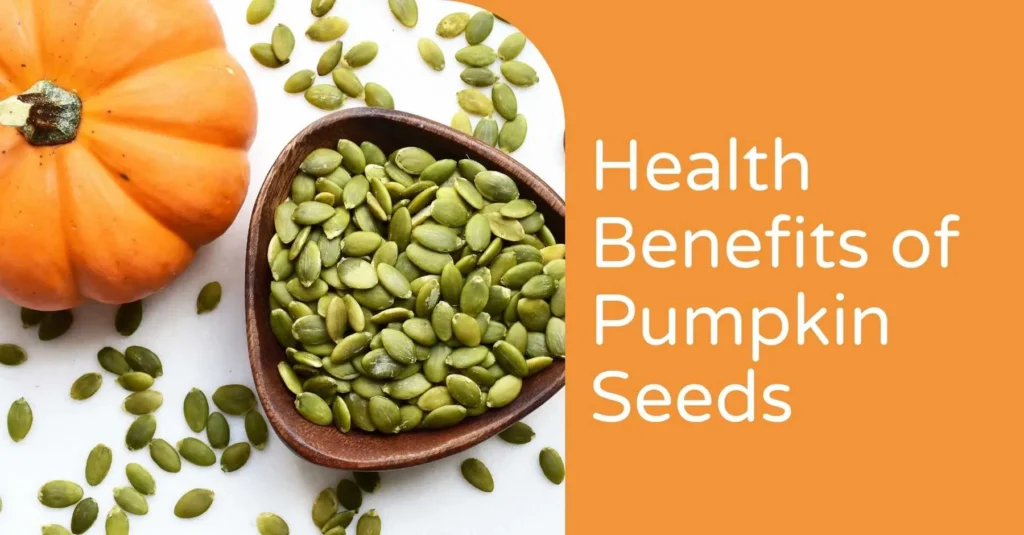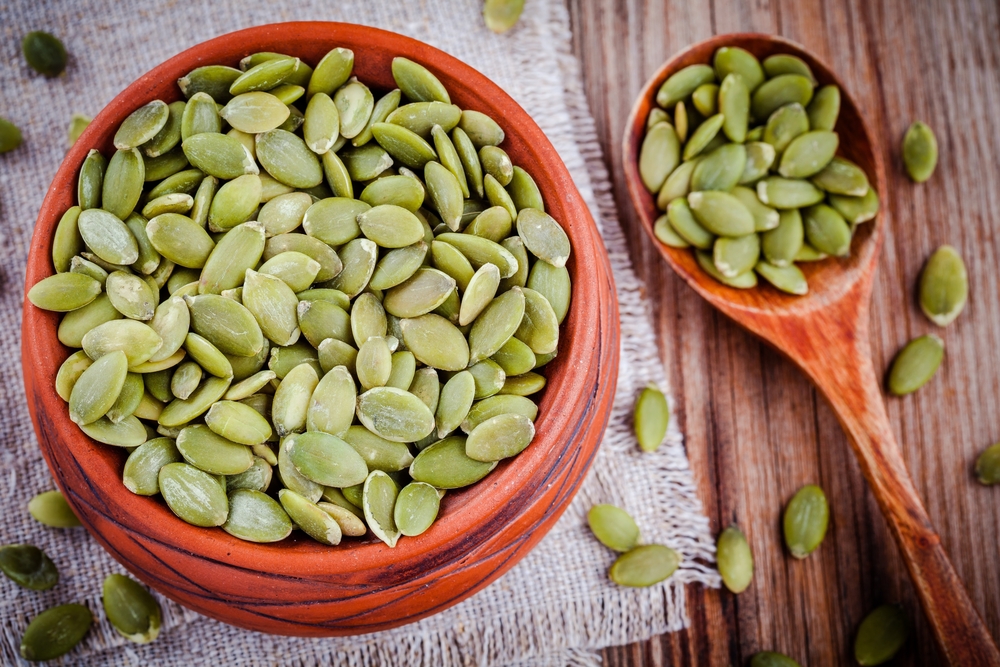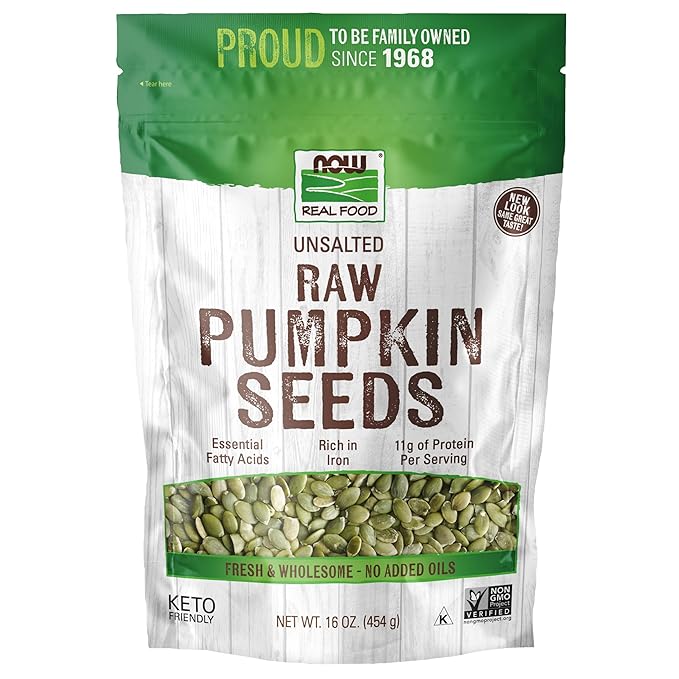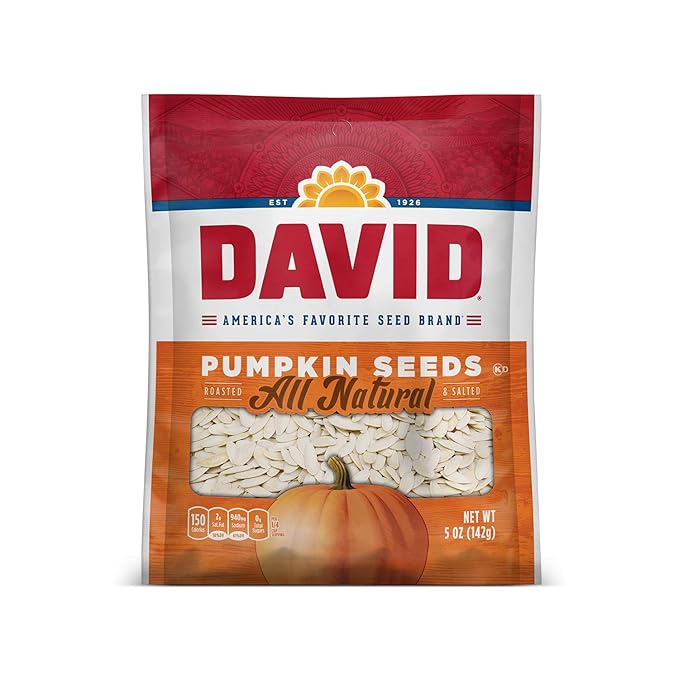When it comes to boosting brain health, nature offers a treasure trove of superfoods—and pumpkin seeds are among the most underrated. These tiny green powerhouses, often overlooked in favor of trendier snacks, pack a punch when it comes to enhancing cognitive function, protecting brain cells, and supporting mental well-being. In this article, we’ll dive deep into the science-backed benefits of pumpkin seeds for the brain, explaining how their unique nutrient profile makes them a must-add to your daily diet.
Why Pumpkin Seeds Are a Brain Superfood
NOW Foods, Pumpkin Seeds, Raw and Unsalted, Essential Fatty Acids, Rich in Iron, Excellent Source of Protein, Certified Non-GMO, 1-Pound (Packaging May Vary)
1. Rich in Magnesium: The Brain’s Relaxation Mineral
Magnesium is essential for over 600 biochemical reactions in the body, and pumpkin seeds are one of the best dietary sources. Just a quarter-cup provides nearly half your daily magnesium needs. But why does this matter for your brain?
- Stress Reduction: Magnesium calms the nervous system by regulating stress hormones like cortisol. Chronic stress damages brain cells and impairs memory, but pumpkin seeds help counteract this.
- Enhanced Learning and Memory: Studies show magnesium improves synaptic plasticity—the brain’s ability to adapt and form new neural connections, which is vital for learning.
- Migraine Relief: Low magnesium is linked to migraines, a condition that disrupts cognitive function. Regular consumption of pumpkin seeds may reduce migraine frequency.
2. Zinc: The Cognitive Protector
Pumpkin seeds are loaded with zinc, a mineral critical for brain signaling and nerve function. A single ounce contains about 20% of your daily zinc requirement.

- Memory Boost: Zinc plays a role in hippocampal function, the brain region responsible for memory formation. Deficiencies are linked to Alzheimer’s and age-related cognitive decline.
- Mood Regulation: Zinc influences neurotransmitter production, including serotonin, which stabilizes mood. Low zinc levels are associated with depression and ADHD.
- Immune-Brain Connection: Zinc strengthens immunity, reducing brain inflammation caused by chronic infections—a key factor in neurodegenerative diseases.
3. Antioxidants: Shielding the Brain from Oxidative Stress
The brain is highly susceptible to oxidative damage due to its high oxygen consumption. Pumpkin seeds are rich in antioxidants like vitamin E, carotenoids, and phenolic compounds, which neutralize harmful free radicals.
- Vitamin E: This fat-soluble antioxidant protects cell membranes from oxidative damage. Studies link higher vitamin E intake to slower Alzheimer’s progression.
- Neuroprotective Effects: Animal studies suggest pumpkin seed extract reduces amyloid plaque formation—a hallmark of Alzheimer’s.
- Anti-Aging: Antioxidants in pumpkin seeds combat age-related cognitive decline by preserving neuronal integrity.
4. Omega-3 Fatty Acids: Fuel for Brain Cells
While fatty fish often steal the spotlight for omega-3s, pumpkin seeds provide alpha-linolenic acid (ALA), a plant-based omega-3 precursor.

- Anti-Inflammatory Action: Chronic inflammation damages brain cells and is linked to depression and dementia. Omega-3s in pumpkin seeds reduce inflammatory markers.
- Improved Focus: Omega-3s enhance communication between brain cells, sharpening focus and mental clarity.
- Mood Enhancement: Low omega-3 levels correlate with anxiety and mood swings. Adding pumpkin seeds to your diet supports emotional resilience.
5. Tryptophan: The Serotonin Booster
Pumpkin seed contain tryptophan, an amino acid that converts to serotonin—the “feel-good” neurotransmitter.
- Better Sleep: Serotonin is a precursor to melatonin, the sleep hormone. Improved sleep quality directly enhances memory consolidation and cognitive performance.
- Anxiety Reduction: Higher serotonin levels alleviate anxiety, creating a calmer, more focused mind.
6. Fiber and Blood Sugar Stability: Brain Energy All Day
The fiber in pumpkin seeds slows glucose absorption, preventing energy crashes that fog your thinking.
- Steady Fuel Supply: The brain consumes 20% of the body’s energy. Stable blood sugar ensures consistent mental energy.
- Reduced Diabetes Risk: Diabetes harms blood vessels in the brain, increasing dementia risk. Pumpkin seed support metabolic health.
7. Iron: Oxygenating the Brain
Iron deficiency causes brain fog and fatigue. Pumpkin seed provide plant-based iron (non-heme), which, when paired with vitamin C, boosts absorption.
- Cognitive Vitality: Iron helps produce hemoglobin, which delivers oxygen to brain cells. Even mild anemia impairs concentration.
How to Incorporate Pumpkin Seeds into Your Diet
Reaping the brain benefits of pumpkin seed is easy:
- Snack Raw or Roasted: Enjoy a handful daily.
- Smoothie Boost: Blend into morning smoothies.
- Salad Topper: Add crunch and nutrients to greens.
- Baking: Mix into bread, muffins, or granola.
Conclusion: Pumpkin Seeds—Your Brain’s Best Friend
From enhancing memory to shielding against neurodegeneration, pumpkin seeds are a simple, delicious way to invest in lifelong brain health. Their synergy of magnesium, zinc, antioxidants, and healthy fats makes them a standout superfood. Whether you’re a student, busy professional, or aging adult, pumpkin seed offer a natural, accessible path to a sharper, healthier mind.
So, the next time you’re looking for a brain-boosting snack, reach for pumpkin seeds—your neurons will thank you!
8. Copper: The Unsung Hero of Neurotransmitter Synthesis
Pumpkin seeds are an excellent source of copper, a trace mineral critical for brain health. Just one ounce provides 19% of the daily recommended intake. Copper plays two pivotal roles:
- Neurotransmitter Production: Copper is involved in synthesizing dopamine and norepinephrine, neurotransmitters that regulate motivation, focus, and mood. Low copper levels are linked to brain fog and depressive symptoms.
- Myelin Sheath Maintenance: Copper helps produce phospholipids, which insulate nerve fibers and speed up electrical signaling between neurons. This ensures swift, efficient communication across brain networks.
9. Manganese: Guarding Against Free Radicals
Manganese, abundant in pumpkin seeds, activates antioxidant enzymes like superoxide dismutase (SOD), which protect mitochondria—the energy powerhouses of brain cells.
- Energy Metabolism: Manganese aids in converting proteins and fats into glucose, the brain’s primary fuel source.
- Neurodegenerative Defense: Studies suggest manganese deficiency may exacerbate oxidative stress in Parkinson’s and Huntington’s disease.
10. Phospholipids: Building Blocks of Brain Cells
Pumpkin seeds contain phospholipids, fatty molecules that form cell membranes. These compounds are vital for:
- Neural Plasticity: Phospholipids like phosphatidylserine (PS) enhance memory and learning by improving cell membrane flexibility.
- Neurotransmitter Receptors: Healthy membranes ensure proper function of serotonin and dopamine receptors, optimizing mood and cognition.
11. The Gut-Brain Axis: Fiber’s Role in Mental Health
The gut is often called the “second brain,” and pumpkin seeds’ high fiber content (5 grams per ounce) nourishes gut microbiota, which produce neurotransmitters like GABA and serotonin.
- Reduced Inflammation: A healthy gut lining prevents “leaky gut,” a condition linked to neuroinflammation and depression.
- Serotonin Synthesis: Over 90% of serotonin is made in the gut. Fiber-rich pumpkin seeds promote a diverse microbiome, indirectly boosting serotonin levels.
12. Neuroprotective Phytochemicals Beyond Antioxidants
Pumpkin seeds contain unique compounds like cucurbitins and lignans, which offer specialized brain benefits:
- Cucurbitins: These amino acids have shown anti-anxiety effects in animal studies by modulating GABA receptors.
- Lignans: Plant lignans like secoisolariciresinol may reduce beta-amyloid plaque formation, a key marker of Alzheimer’s pathology.
13. Blood-Brain Barrier Support
The blood-brain barrier (BBB) protects the brain from toxins, and pumpkin seeds’ nutrients help maintain its integrity:
- Zinc and Magnesium: Both minerals strengthen the BBB, preventing heavy metals like lead from infiltrating brain tissue.
- Healthy Fats: Omega-3s in pumpkin seeds reduce BBB permeability caused by inflammation or aging.
14. Cognitive Enhancement in Specific Populations
Research highlights pumpkin seeds’ targeted benefits for diverse groups:
- Children and Teens: Zinc and iron in pumpkin seeds support myelination, crucial for developing attention and problem-solving skills.
- Menopausal Women: The seeds’ phytoestrogens may mitigate memory lapses linked to hormonal fluctuations.
- Aging Adults: A 2021 study found that older adults consuming pumpkin seeds daily scored higher on memory tests than non-consumers.
15. Combating Modern Brain Stressors
Today’s fast-paced world bombards the brain with stressors like blue light and information overload. Pumpkin seeds offer natural countermeasures:
- Digital Detox Support: Magnesium relaxes eye muscles strained by screens, while zinc protects against blue light-induced retinal damage.
- Adaptogenic Effects: Animal studies suggest pumpkin seed extract may lower cortisol levels, enhancing resilience to chronic stress.
Practical Tips for Maximizing Benefits
To harness the full potential of pumpkin seeds:
- Pair with Vitamin C: Sprinkle seeds on citrus salads to boost iron absorption.
- Activate Them: Soak overnight to reduce phytic acid, enhancing mineral bioavailability.
- Opt for Organic: Pesticide residues may negate antioxidant benefits; choose organic pumpkin seeds when possible.
The Science Speaks: Recent Research Highlights
- A 2023 randomized trial found adults consuming 30g of pumpkin seeds daily for 12 weeks showed improved episodic memory and faster reaction times.
- Pumpkin seed oil supplementation reduced oxidative stress markers in Alzheimer’s patients, per a 2022 pilot study.

